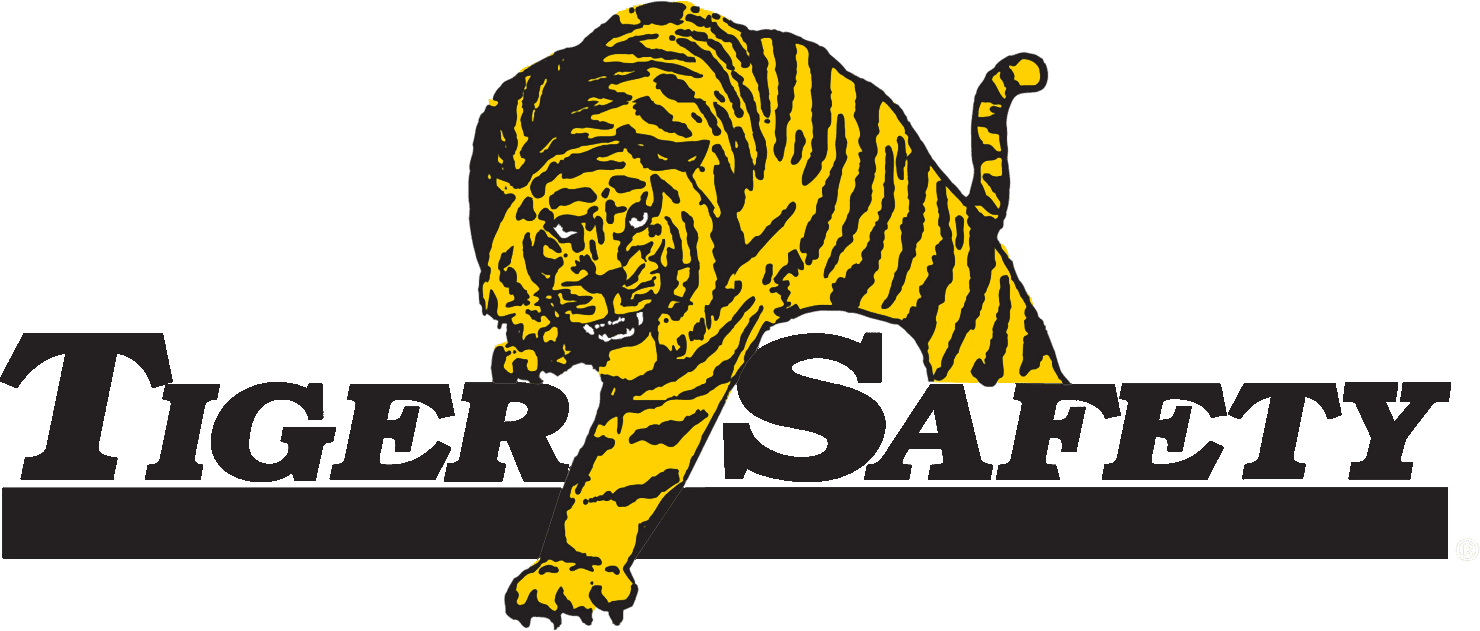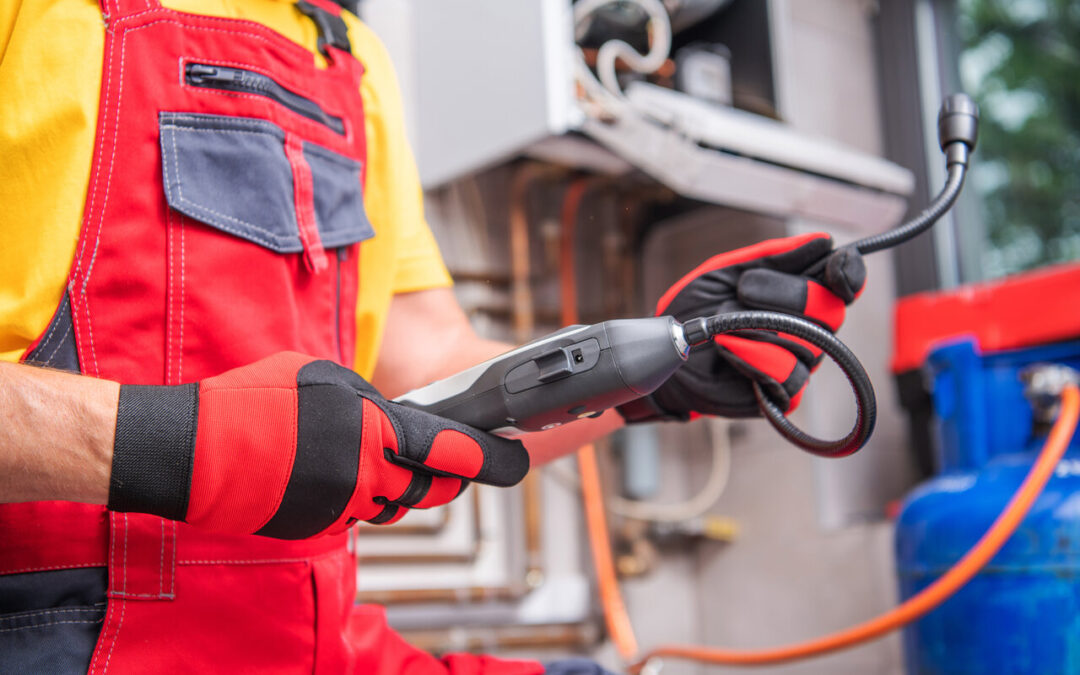Working in the oil and gas industry often involves entering and operating within confined spaces, such as tanks, vessels, or pipelines. These environments can harbor dangerous gases and vapors, posing significant risks to worker health and safety.
Confined space gas detectors are specially designed instruments that monitor and detect hazardous substances in such spaces, alerting workers to potential dangers and helping to prevent accidents or incidents.
In this article, we will discuss the importance of confined space gas detectors in the oil and gas industry, explore the options and features available for confined space gas detector rentals, and examine how Tiger Safety Rentals can provide the most suitable safety solutions to improve overall safety and operational efficiency.
Confined space gas detectors are a crucial tool for oil and gas operations due to their ability to detect a wide range of hazardous substances, including toxic gases, combustible gases, and oxygen-deficient or oxygen-enriched atmospheres.
These detectors can help ensure that workers are aware of potential dangers before entering a confined space, as well as continually monitor conditions while they perform their tasks. Additionally, using a confined space gas detector can help organizations comply with regulations set forth by governing bodies such as OSHA, which mandate the use of appropriate monitoring equipment in confined spaces in the workplace.
With the range of potential hazards present in the oil and gas industry, choosing the right confined space gas detector rental for your operation is critical. Factors to consider include the specific gases that may be encountered, the desired monitoring capabilities, and any additional features relevant to your operation’s unique requirements.
Partnering with an experienced and reliable provider like Tiger Safety Rentals can ensure access to the most suitable confined space gas detector equipment, expert consultation, and ongoing support for your operation’s safety needs.
Continue reading to learn more about the role and significance of confined space gas detectors in the oil and gas industry and how Tiger Safety Rentals’ comprehensive solutions can contribute to the overall safety and success of your operation.
Types of Gases Detected in Confined Spaces
Confined space gas detectors can identify several hazardous gases commonly found in oil and gas operations. Some of the most frequently detected gases include:
- Hydrogen Sulfide (H2S): Often produced during the breakdown of organic materials, H2S is a toxic, flammable gas with a characteristic rotten egg smell. Exposure can lead to respiratory irritation, unconsciousness, and even death.
- Carbon Monoxide (CO): A colorless, odorless, and tasteless toxic gas, CO is produced by incomplete combustion. Inhaling CO reduces the blood’s ability to transport oxygen, causing dizziness, unconsciousness, and potentially death.
- Methane (CH4): As the primary component of natural gas, methane is both flammable and potentially explosive. Methane displaces oxygen in confined spaces, creating asphyxiation hazards.
- Oxygen levels: Monitoring oxygen levels is essential to ensure the air in a confined space is safe to breathe. An oxygen-deficient or oxygen-enriched atmosphere can lead to symptoms ranging from dizziness to unconsciousness or create a fire hazard.
Selecting the Right Confined Space Gas Detector for Your Operation
With various types of confined space gas detectors available, consider the following factors when selecting the right rental for your oil and gas operation:
- Multi-Gas Detection: Opt for a detector that can monitor multiple gases simultaneously, ensuring comprehensive monitoring and protection. Multi-gas detectors can be customized to detect specific combinations of gases relevant to your operation.
- User-Friendliness: Choose a gas detector with an easy-to-use interface, clear display, and intuitive controls. A straightforward design ensures that workers can quickly and accurately assess the safety of a confined space.
- Durability and Reliability: Oil and gas operations often involve harsh conditions, so select a detector that is designed to withstand these environments. Look for equipment that is robust, water-resistant, and capable of delivering consistent performance.
- Alarm Systems: A reliable alarm system is essential for alerting workers to hazardous conditions. Choose a detector with both audible and visual alarms to communicate danger effectively, even in noisy or low-visibility settings.
Benefits of Renting Confined Space Gas Detectors from Tiger Safety Rentals
Partnering with Tiger Safety Rentals for your confined space gas detector needs provides numerous advantages:
- Expert Consultation: Our experienced team guides you through the process of selecting the most suitable confined space gas detector rental for your operation. We consider factors such as the types of gases present, your operational requirements, and regulatory compliance when recommending equipment.
- High-Quality Equipment: We offer a range of top-quality, reliable, and user-friendly confined space gas detectors designed for the demanding conditions of oil and gas operations. Our equipment ensures accurate monitoring and detection of hazardous gases, providing vital protection for your workers and assets.
- Customizable Solutions: Tiger Safety Rentals understands that each oil and gas operation is unique. We offer customizable gas detector solutions tailored to your specific needs and requirements, ensuring the most effective safety equipment for your circumstances.
- Ongoing Support and Maintenance: Our commitment to your operation’s success extends beyond the initial equipment rental. We provide ongoing support and assistance throughout your rental period, including equipment maintenance, troubleshooting, and optimization.
Importance of Confined Space Gas Detectors in Regulatory Compliance
Confined space gas detectors play an essential role in helping oil and gas operations remain compliant with industry regulations, such as those established by OSHA. Requirements include:
- Air Monitoring: Prior to entering a confined space, regulations mandate that the atmosphere within the space must be tested using a calibrated gas monitor to identify any potential hazards.
- Continuous Monitoring: During work in a confined space, ongoing monitoring is required to detect any changes in the atmosphere and ensure worker safety throughout the task.
- Training and Certification: Employers are responsible for providing workers with the necessary training and certification to use confined space gas detectors effectively and safely.
Conclusion
In the oil and gas industry, the safety and well-being of workers operating in confined spaces are of paramount importance. By understanding the role of confined space gas detectors in maintaining safe work environments and selecting the appropriate equipment rentals for your operation, you can not only protect your employees but also ensure regulatory compliance and boost operational efficiency.
Looking for specialized equipment and expert guidance to support the success of your oil and gas projects? Look no further than Tiger Safety Rentals. Our comprehensive range of specialized services and equipment, including our confined space gas detector rental, is designed to meet the unique demands of the industry. Contact us today to learn more about how we can support your projects with state-of-the-art equipment and ongoing support. Don’t compromise on safety or success – trust Tiger Safety Rentals for all your specialized equipment needs.

